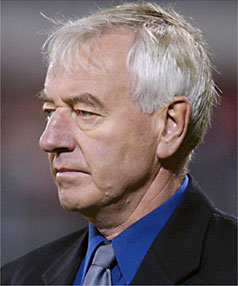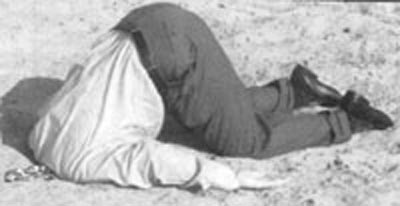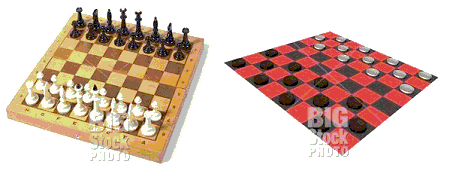Saturday, February 19th, 2011
We all love the new application of the laws
England 100 yard dash try !
Reuters
Source: Rugby Runs Free
Not so long ago, international rugby was billed as a battle of the hemispheres: a trans-global power struggle between the three southern giants, New Zealand, South Africa and Australia, and the rugby nations above the equator.
For years, the two sides were poles apart on even the most basic elements of this sport—They played the same game; they used the same rules; but the results were undeniably different.
Southern sides embraced an eye-catching, running approach, while the Europeans played a risk-free version of the game that had more in keeping with the British weather—dreary and predictable.
But if there’s any lesson to be gleaned from the first two rounds of the Investec Internationals, the annual end-of-year jousts between the northern and southern hemisphere nations, it’s that this sport’s great global divide is becoming increasingly blurred.
“I have never seen rugby change so much in a year,” said Marc Lièvremont, the France head coach. “It is a new trend… with more tries scored, [a] better balance between kicking and running. It is a new style.”
This trend has been especially pronounced during the opening weeks of the autumn tests. The six games of this series so far have produced 286 points and 27 tries at an absurd rate of 4.5 per game. A year ago, those same matches yielded just 181 points and a meagre total of 11 tries.
Perhaps the biggest evidence of the dramatic change came last Saturday, when England inexplicably dropped 35 points on Australia in a dynamic display of running rugby that featured one of the most memorable tries of recent times—a lung-busting 100-yard foot race from the shadow of its own posts.
Statistics show that this renewed emphasis on attack first emerged during the summer’s Tri-Nations tournament between the southern-hemisphere’s elite sides. After a dour 2009 tournament that featured just 27 tries in nine games, this year’s competition produced 52 tries, a record for the 14-year-old tournament and a 93% increase on last year’s tally.
In addition, the number of passes increased by 35%, the kicks out of hand dropped dramatically and the average time that the ball was in play increased by almost two and a half minutes per match.
In other words, as Wales prepare to play Fiji on Friday in the third round of Investec Internationals, the days of rugby as a glorified game of kick-chase are over and running rugby’s in again.
“There is no question the balance of the game has shifted for the better,” said Shaun Edwards, the London Wasps head coach and an assistant with the Welsh team. “Now all the top teams want to play rugby.”
It’s a far cry from the first meetings between rugby’s leading nations. When England first played South Africa in 1906, the match finished 3-3 and for much of the next century it appeared that the English preferred games to finish with football scorelines.
By contrast, rugby in the southern hemisphere was viewed as an opportunity for a country to showcase its attacking skill and keep the ball in hand, and when the two styles met, the results were predictable: the farther south you come from, the greater your chances of victory.
The advent of professionalism in the sport in 1995 helped bridge the gap by introducing full-time conditioning programs and raising overall standards of fitness and endurance, while recent agreements governing the availability of international players have also helped put the hemispheres on an equal footing.
But thanks partly to tweaks to the rules of rugby, the sport’s lawmakers have re-energized the game by encouraging all players to pass or retain the ball instead of kicking it.
Not so long ago, the way the sport was refereed had turned rugby into a game of defense and territory. Tacklers were able to steal possession at the breakdown, so rather than run with the ball and risk a turnover close to their own try-line, teams preferred to boot the ball away downfield.
As a result, a brand of kick-tennis came to dominate the game, epitomized by Argentina and eventual champion South Africa in the 2007 World Cup. But since rugby’s lawmakers issued new directives on tackle laws last year, giving attacking teams more latitude at the breakdown, the focus has been on a fast-paced and free-flowing rugby.
The revised interpretation of the tackle law has produced less kicking and more passing: In the 2009 Tri-Nations there were an average of 65 kicks per game; this year in the same tournament that figure was down to 35.
By making it easier to retain possession and build phases, international rugby has become a powerful chess game of attack and counter-attack. And every country is forced to try to get on board.
“It’s a different game of rugby now,” said Gregor Townsend, the former Scotland and British Lions fly-half. “Two years, even six months ago, it was different, [but] with these new laws, it’s a totally different game. If you use the ball well, the attack should get the advantage.”












